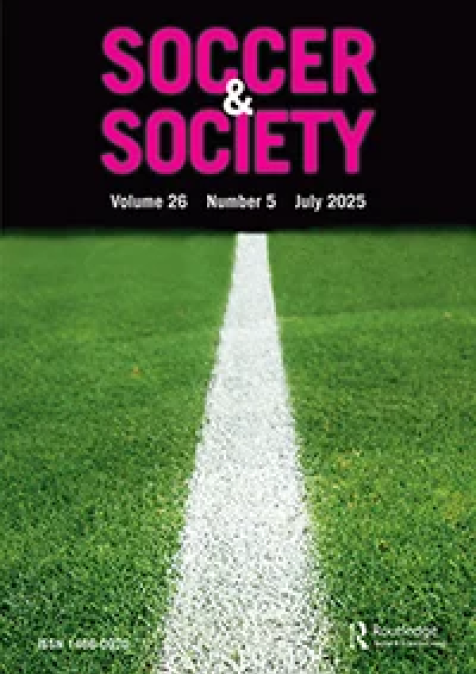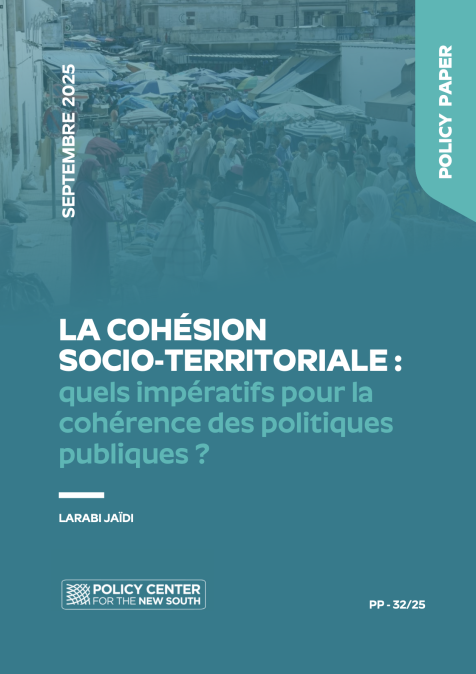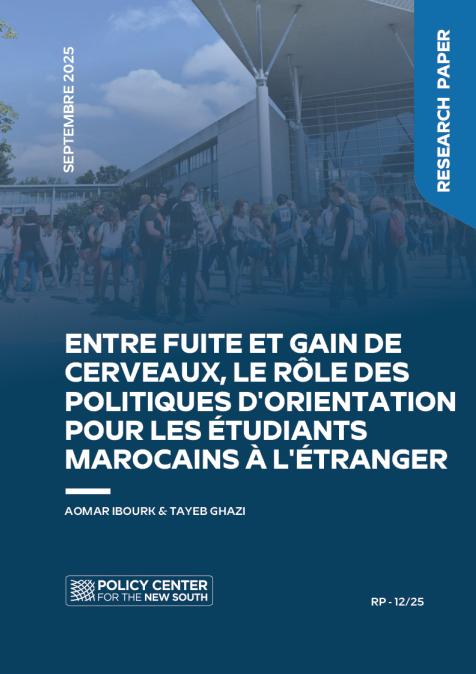Publications /
Research Paper
This paper was originally published on tandfonline.com
This study investigates the long-term impact of hosting the FIFA World Cup on unemployment using panel data of 10 countries from 1983 to 2022. The empirical analysis used two estimation techniques namely the Robust Weighted Least Squares (RWLS) and Estimated Generalized Least Squares (EGLS) with fixed and random effects. Our findings reveal that hosting the FIFA World Cup can reduce long-term unemployment by 2.86% to 3.60% over four years after hosting the event. The reduction in unemployment is attributed to factors such as infrastructure development, which creates jobs both during and after the event; increased demand in the tourism and service sectors; and economic spillovers from foreign direct investment and local business growth. These findings suggest that under the right conditions, hosting the World Cup can have a positive and lasting impact on employment.










